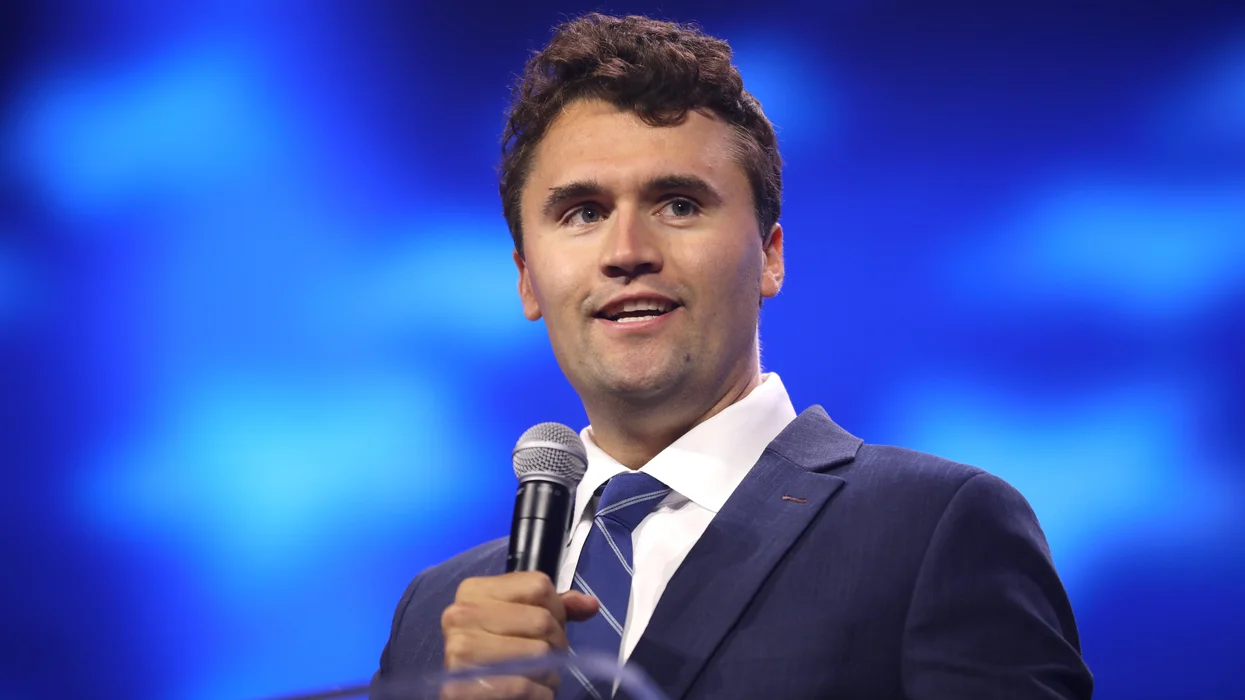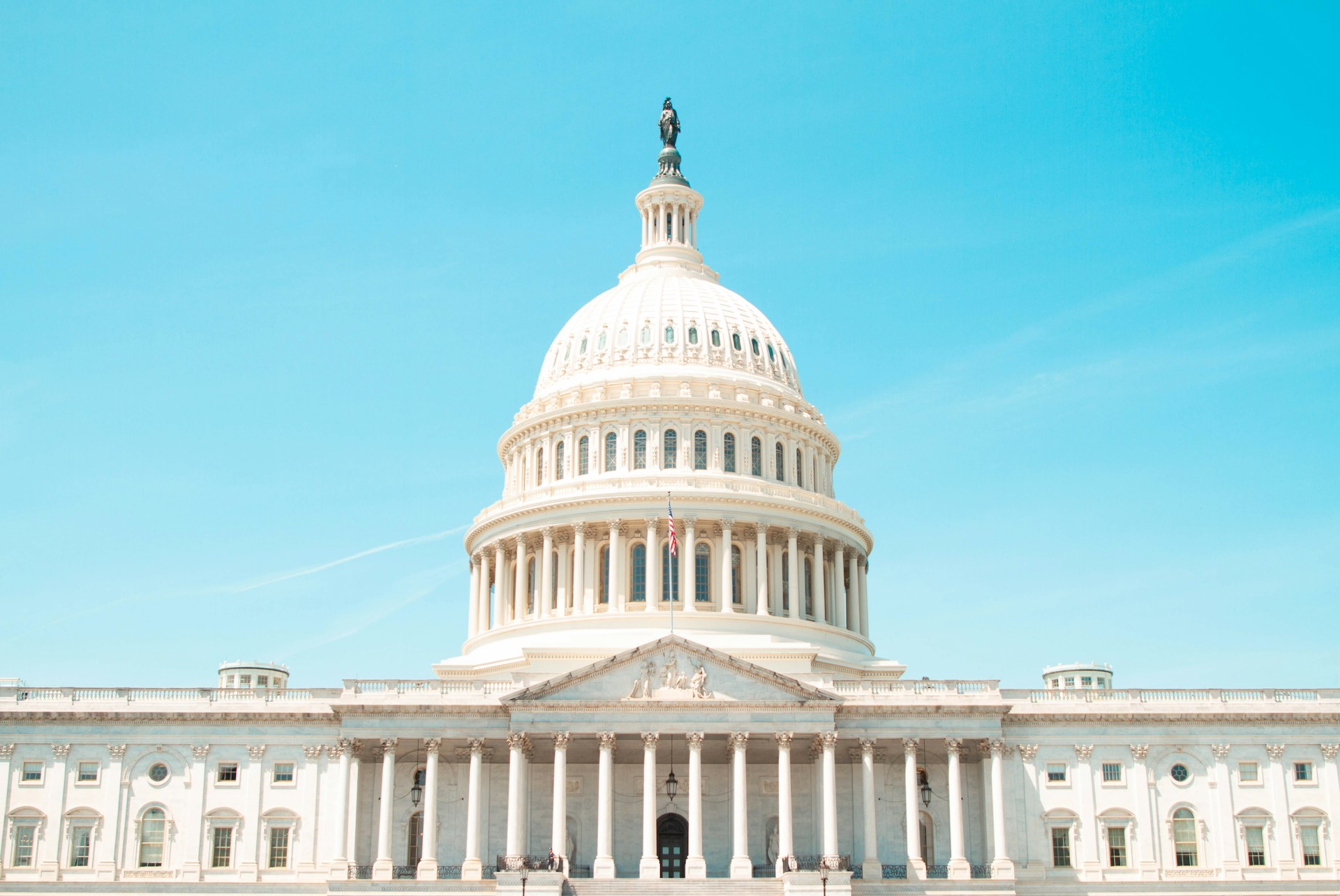Nikola Knezevic (Ph.D., Protestant Theological Seminary, Novi Sad, Serbia, M.Th., Evangelical Theological Seminary, Osijek, Croatia) is the founder and former president of Centre for the Study of Religion, Politics, and Society in Serbia. Author of several books and co-author of many conference proceedings and articles with the Media Department of the University of Novi Sad, Serbia. Published numerous articles in Serbian daily newspapers, like Danas, Vreme, Novosti, and Borba. He directed two feature-length documentaries on memories, war, and religion in ex-Yugoslavia. In 2017 he moved with his family to the United States where transitioned back to Information Technology and excelled in various Senior and Lead Software Engineering positions in the corporate industry. Still, he actively works on publishing new articles and working on his new book: Towards the Radical Political Theology. He lives and works in Los Angeles, California.
Major research interests: political theology, politics, conservative politics and religion.





